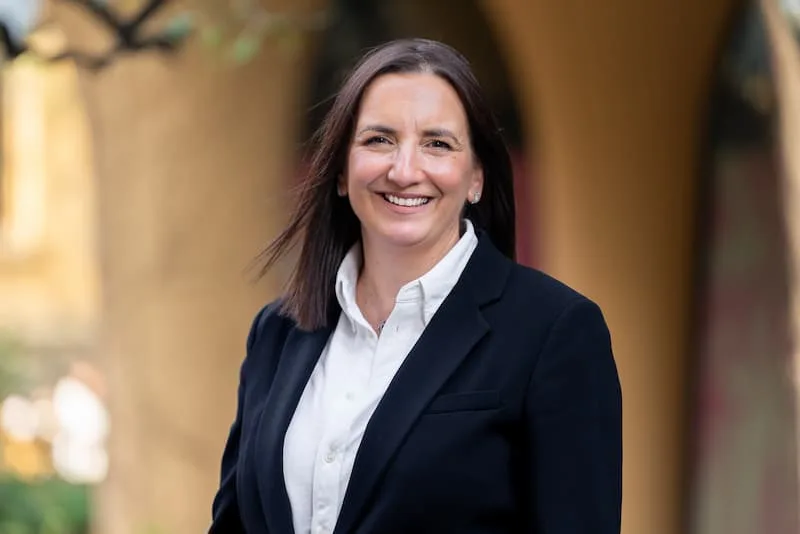The University of Melbourne (UoM) violated Victoria’s Privacy and Data Protection Act by using its Wi-Fi network to monitor students and staff during a pro-Palestine protest in May, potentially causing a “significant breach of trust,” the state’s deputy information commissioner has found.
The investigation, released Wednesday, followed media reports alleging the university digitally tracked attendees at the Arts West sit-in to identify potential misconduct.
Authorities found UoM used Wi-Fi location data, student card photos, and CCTV footage to identify 22 students who did not comply with orders to leave the building. The university did not provide adequate notice or justification for the data use.
Staff members were also monitored, with email accounts of 10 staff reviewed to identify protest involvement, resulting in three formal warnings.
While the use of CCTV did not breach privacy principles, the report concluded that using Wi-Fi data for misconduct investigations was unauthorised and that accessing staff emails “fell below the standard” expected.

Katerina Kapobassis, UoM’s Chief Operating Officer, acknowledged the university could have provided “clearer active notice” but maintained that using Wi-Fi location data in misconduct cases was “reasonable and proportionate” to keep the community safe.
She added that the university had implemented remedial actions, including updating its surveillance policy and IT terms of use.
The investigation noted the university’s Wi-Fi terms, IT policies, and privacy statements were poorly presented and misleading, leaving users unclear about data collection and use.
The deputy commissioner said individuals subjected to Wi-Fi surveillance likely experienced a “significant breach of trust” and will continue monitoring UoM’s compliance.
Student groups and human rights organisations welcomed the findings, highlighting systemic failures in the university’s governance of data and respect for human rights.
The National Tertiary Education Union also praised the report for validating staff concerns about privacy violations.
The university has committed to completing the remaining recommended actions and cooperating with the deputy commissioner.
Source: The Guardian.
